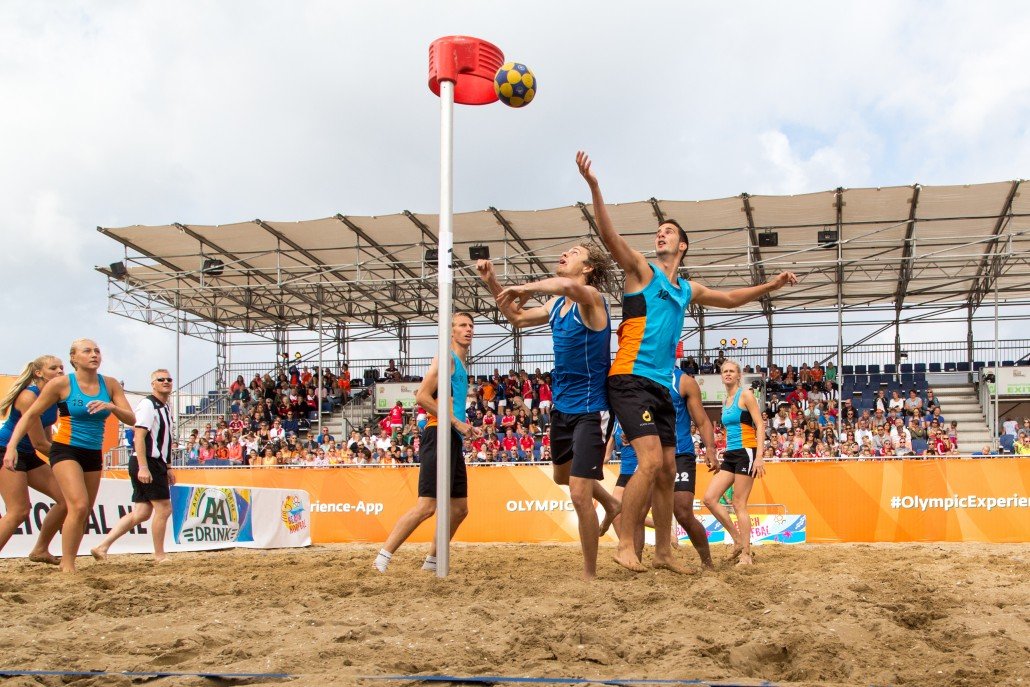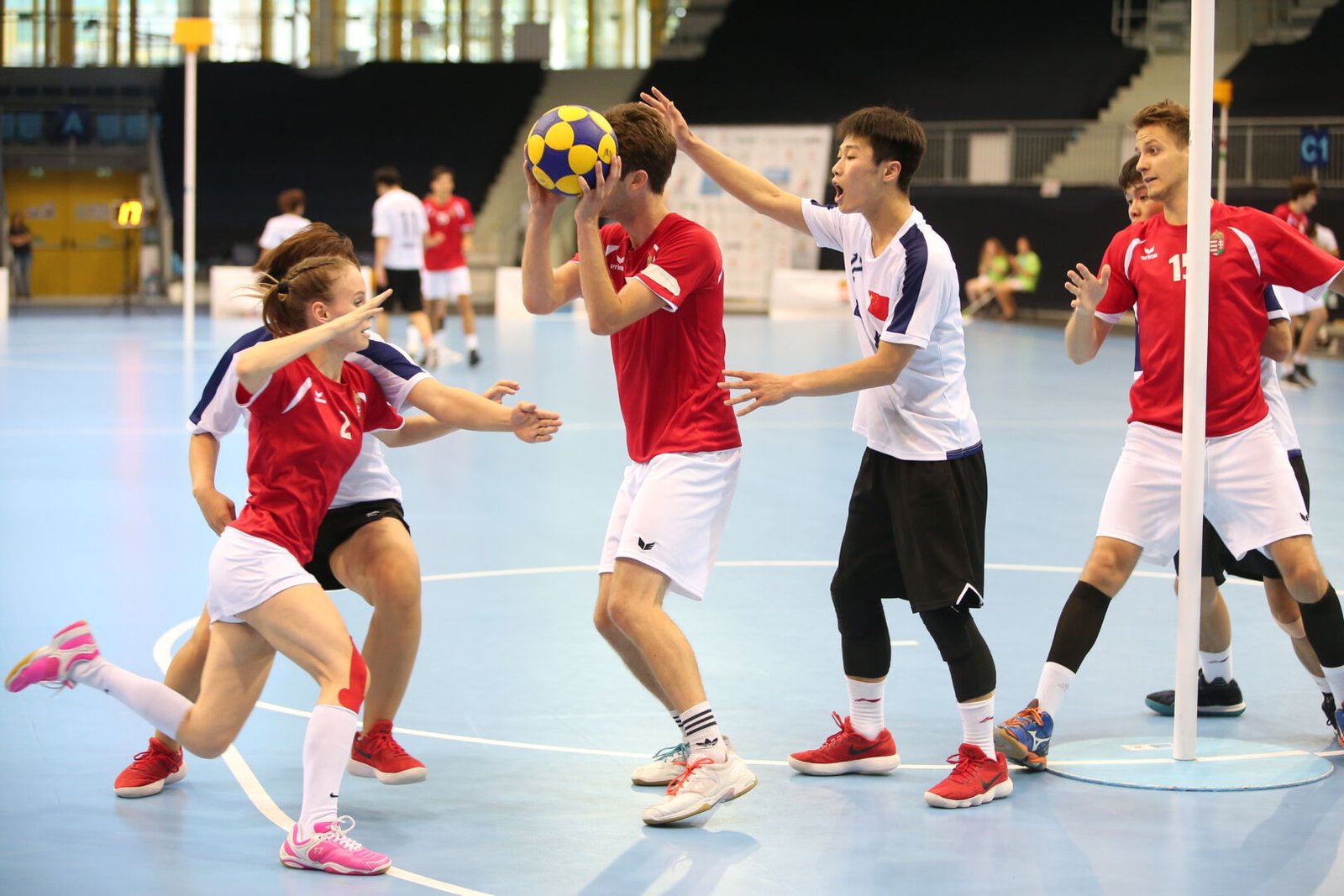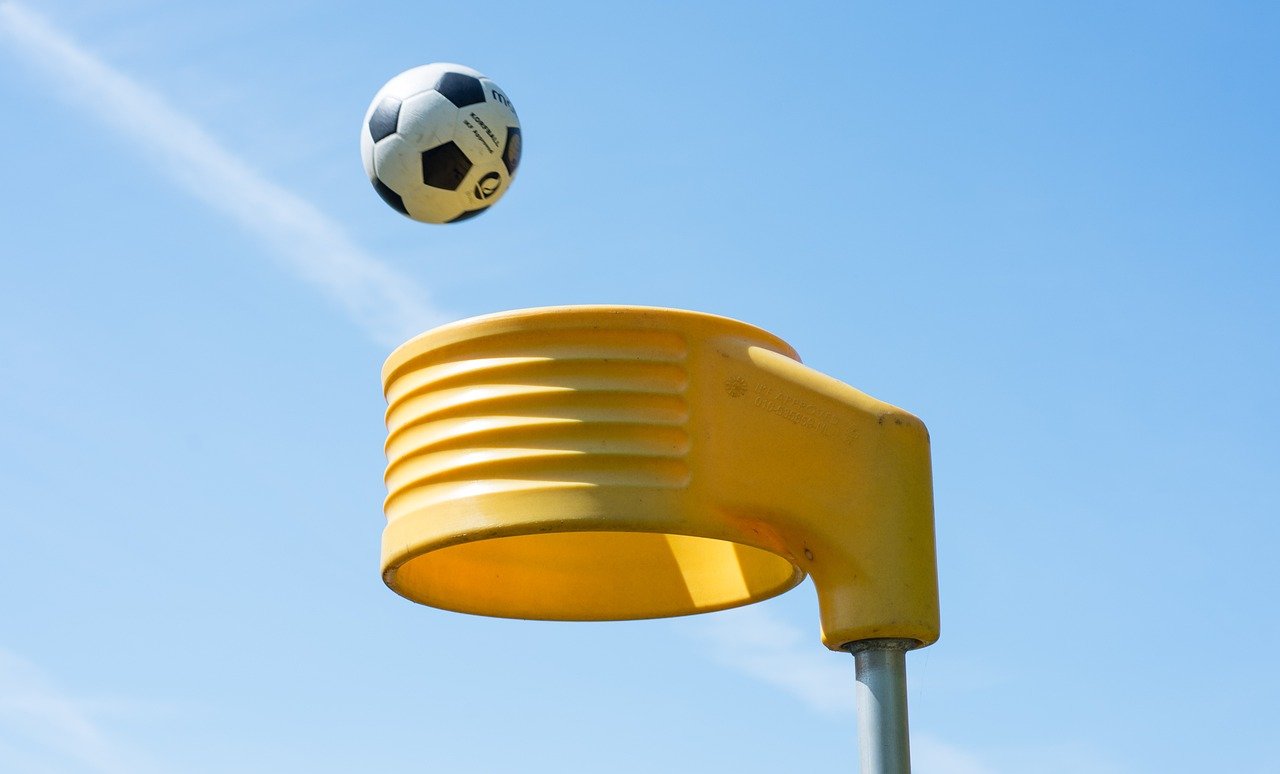Korfball is a unique and dynamic sport known for its mixed-gender format, strategic gameplay, and emphasis on cooperation. But how did korfball come to be? Understanding the origins and development of the game offers valuable insight into its values, global reach, and why it’s remained relevant for over a century.
In this blog, we explore the fascinating history of korfball, from its humble beginnings to its evolution into an internationally recognised sport.
The Birth of Korfball
Korfball was invented in 1902 by Dutch schoolteacher Nico Broekhuysen in Amsterdam, the Netherlands. Inspired by a Swedish game called “ringboll” that he encountered during a teacher training course in Nääs, Sweden, Broekhuysen saw an opportunity to adapt and create a new sport that promoted equality and teamwork.
Instead of the traditional format of male-only sports common at the time, he introduced a game where men and women played together, an idea that was both progressive and controversial for its era.
The name “korfball” derives from the Dutch word korf, meaning “basket,” which remains central to the sport’s identity.
Early Development and Rules
Broekhuysen tailored korfball to be played in Dutch schools. He developed a set of rules that prioritised skill, cooperation, and fairness. Some of the original principles remain key to the sport today:
- Mixed-gender teams (equal numbers of male and female players)
- Non-contact play
- No dribbling, requiring constant team coordination
- Defended shot rule to encourage intelligent movement
The game quickly spread through schools in the Netherlands, where it gained popularity for its inclusive and educational values.
Growth Across Europe
By the 1920s, korfball had expanded beyond Dutch borders. Belgium was among the first to adopt the sport, forming a natural cross-border rivalry. Its appeal grew steadily, particularly in Europe, with countries such as:
- Germany
- England
- France
- Czech Republic
Local federations began to appear, and international matches became more common, fostering cross-cultural sporting relationships.
Formation of the International Korfball Federation
In 1933, the International Korfball Federation (IKF) was founded, with the Netherlands and Belgium as founding members. The IKF served to standardise the korfball rules, promote the sport globally, and oversee official competitions.
Since its formation, the IKF has been instrumental in:
- Organising international tournaments
- Supporting new korfball-playing countries
- Promoting the sport in schools and clubs
Korfball and Gender Equality
Korfball was revolutionary in its treatment of gender roles. From the beginning, men and women competed on the same team, each with equal responsibilities and opportunities.
This format promotes:
- Equal participation
- Team balance over individual athleticism
- Mutual respect and communication
These principles remain at the heart of the sport, making korfball a powerful tool in promoting gender equality in sports and society.
Expansion Beyond Europe
While korfball remained concentrated in Europe for much of the 20th century, the late 20th and early 21st centuries saw a push for global expansion.
Today, korfball is played in over 60 countries, including:
- Chinese Taipei (Taiwan)
- South Africa
- Australia
- India
- New Zealand
- United States
Efforts to introduce korfball to new regions have been supported by education programmes, coaching exchanges, and global tournaments.
Key Milestones in Korfball History
Here are some notable moments that mark korfball’s progress over time:
- 1902: Korfball is invented by Nico Broekhuysen in the Netherlands
- 1920: Demonstration sport at the Summer Olympics in Antwerp, Belgium
- 1933: International Korfball Federation is established
- 1978: First IKF World Korfball Championship held in the Netherlands
- 1993: Korfball included in the World Games
- 2005: First IKF Asia-Oceania Championship
These events reflect the sport’s growing legitimacy and international footprint.
Modern Korfball and Its Global Presence
Modern korfball has developed with improved training methods, advanced coaching, and refined rules. While the core values remain intact, the sport continues to evolve in response to changing athletic standards and global interest.
Current developments include:
- Expanded youth leagues and school programmes
- Greater digital visibility and online broadcasts
- Increased participation in multi-sport events like The World Games
Although korfball is not yet an Olympic sport, continued growth in recognition and participation brings it closer to that milestone.
The Spirit of Korfball Today
Korfball continues to be defined by teamwork, equality, and respect. Whether played recreationally or at an elite level, it offers a unique blend of competition and cooperation.
As the sport continues to grow globally, its historical values remain central to its appeal. From its invention in a Dutch classroom to courts around the world, korfball is a testament to innovation in sport, community building, and inclusivity.




